Economics
You’ll develop the analytical and problem-solving skills you need to understand and address complex economic issues, preparing you for a broad range of careers — and to make a meaningful impact in whatever you do.
- 2 Years / Onsite
- Intakes: Jan, Apr, Jun, Oct
Overview
Economics is the study of how individuals, businesses, and governments allocate resources to meet their needs and desires. At Lisburn University, we explore the many ways economic theories and practices can be applied — and sometimes challenged — to bring about changes in markets, policies, industries, and global systems.
One day in class, your professor might present a current news article about inflation, unemployment, or a government policy. You and your classmates analyze, critique, and discuss the issue from various angles, such as its economic implications, underlying assumptions, global impact, and potential solutions. Then you craft your own policy proposal or economic analysis in response.
Career Opportunities
Our graduates work and intern in a wide range of fields, including financial analysis, economic consulting, policy advising, market research, data analytics, banking, and international trade. Many have pursued careers in government agencies, think tanks, nonprofits, and multinational corporations. Some have started their own businesses, while others have advanced to graduate programs in economics, business administration, public policy, international development, and law.
Program Learning Outcomes
Demonstrate an understanding of how economic systems shape patterns of social interaction, influence the distribution of resources, and affect political practices and power dynamics at local, national, and global levels.
Be able to use a variety of analytical tools and methodologies to study economic behavior, interpret data, evaluate policies, and address real-world economic challenges in both public and private sectors.
Demonstrate an understanding of the historical development of economic thought, the complexities of contemporary economic systems, and the potential for applying economic knowledge to create more equitable and sustainable outcomes in society.
Programme
| Semester 1 | Credits | Number |
|---|---|---|
| Foundations of Microeconomic Theory | 4 | ECO101 |
| Principles of Macroeconomic Analysis | 2 | ECO102 |
| Quantitative Methods for Economists I | 4 | ECO103 |
| Semester 2 | Credits | Number |
|---|---|---|
| Applied Microeconomic Analysis | 4 | ECO201 |
| Macroeconomic Models and Applications | 4 | ECO202 |
| Statistical Techniques in Economics | 2 | ECO203 |
| Semester 3 | Credits | Number |
|---|---|---|
| Economic Development and Policy Analysis | 4 | ECO301 |
| Public Economics and Fiscal Management | 2 | ECO302 |
| Trade and Global Economic Systems | 4 | ECO303 |
| Semester 4 | Credits | Number |
|---|---|---|
| Monetary Economics and Banking Systems | 4 | ECO401 |
| Sustainable and Environmental Economics | 4 | ECO402 |
| Labor Market Dynamics and Policies | 2 | ECO403 |
| Total for the entire period of study | 40 |
Contact us
Unit 1 44-550 Longstone Street, Lisburn BT28 1TP Northern Ireland
How to Apply?
- You Apply
Tell us a little about yourself and we’ll help with the rest. Our convenient online application tool only takes 10 minutes to complete.
- We Connect
After you submit your application, an admissions representative will contact you and will help you to complete the process.
- You Get Ready
Once you’ve completed your application and connected with an admissions representative, you’re ready to create your schedule.
